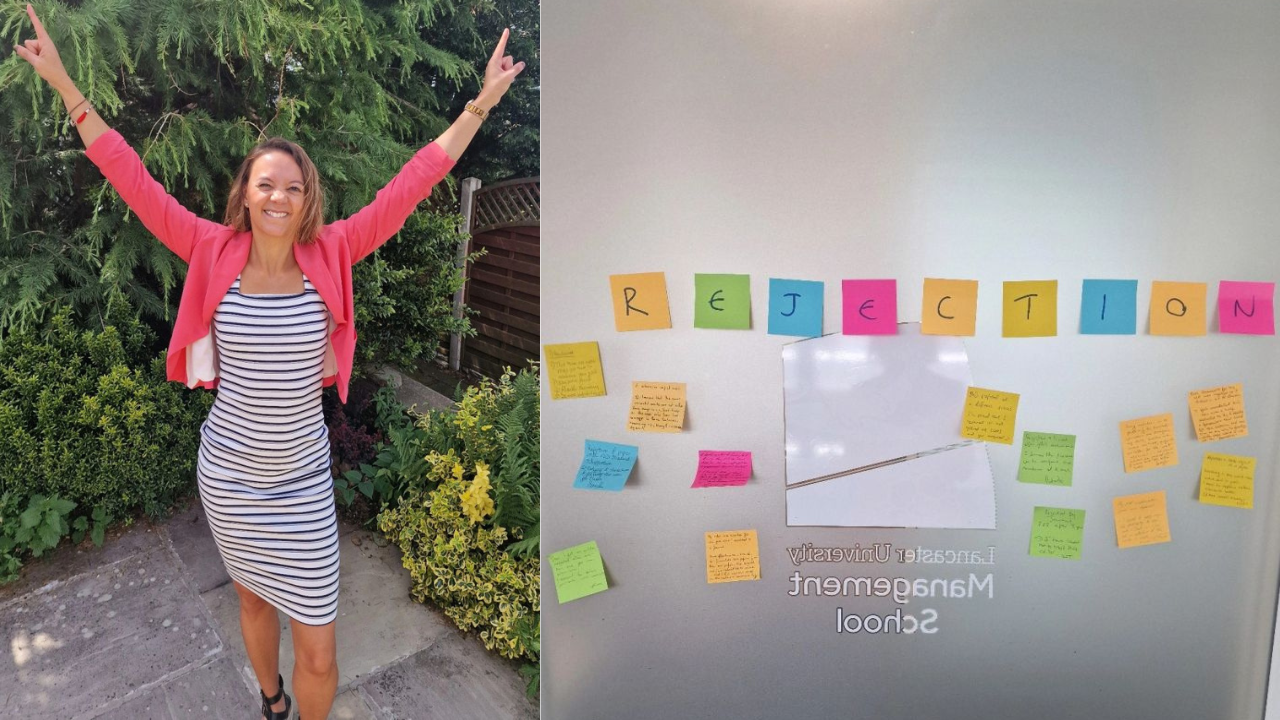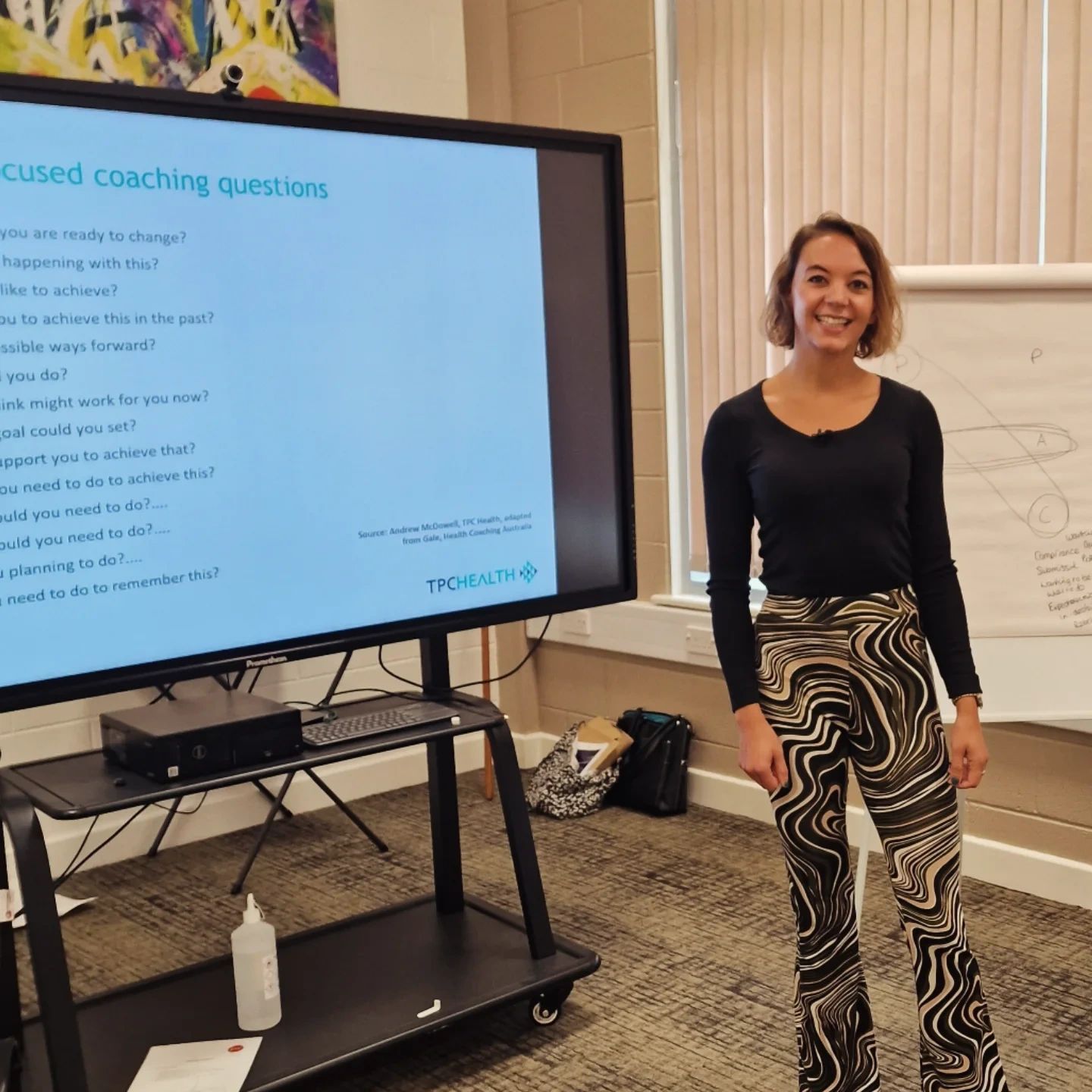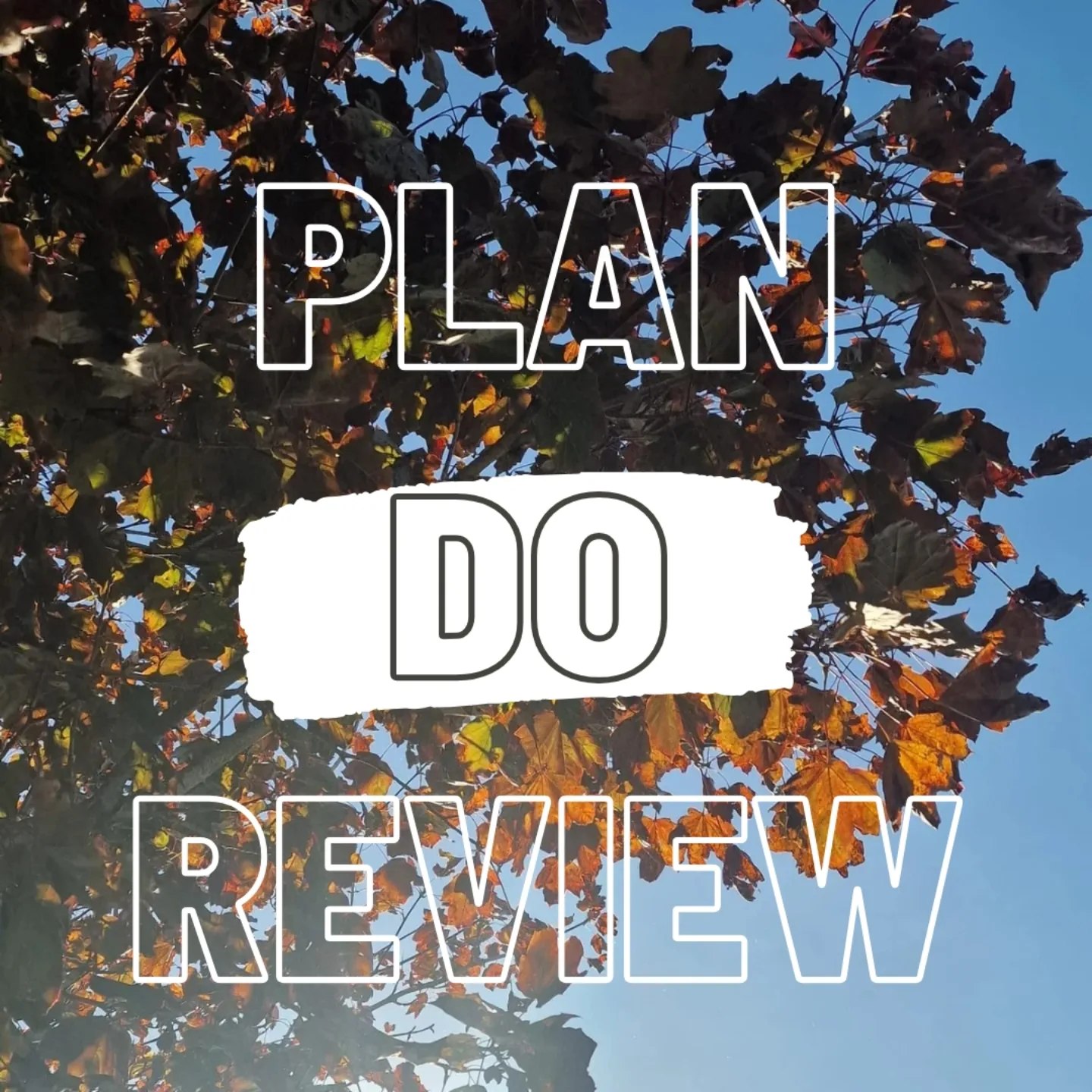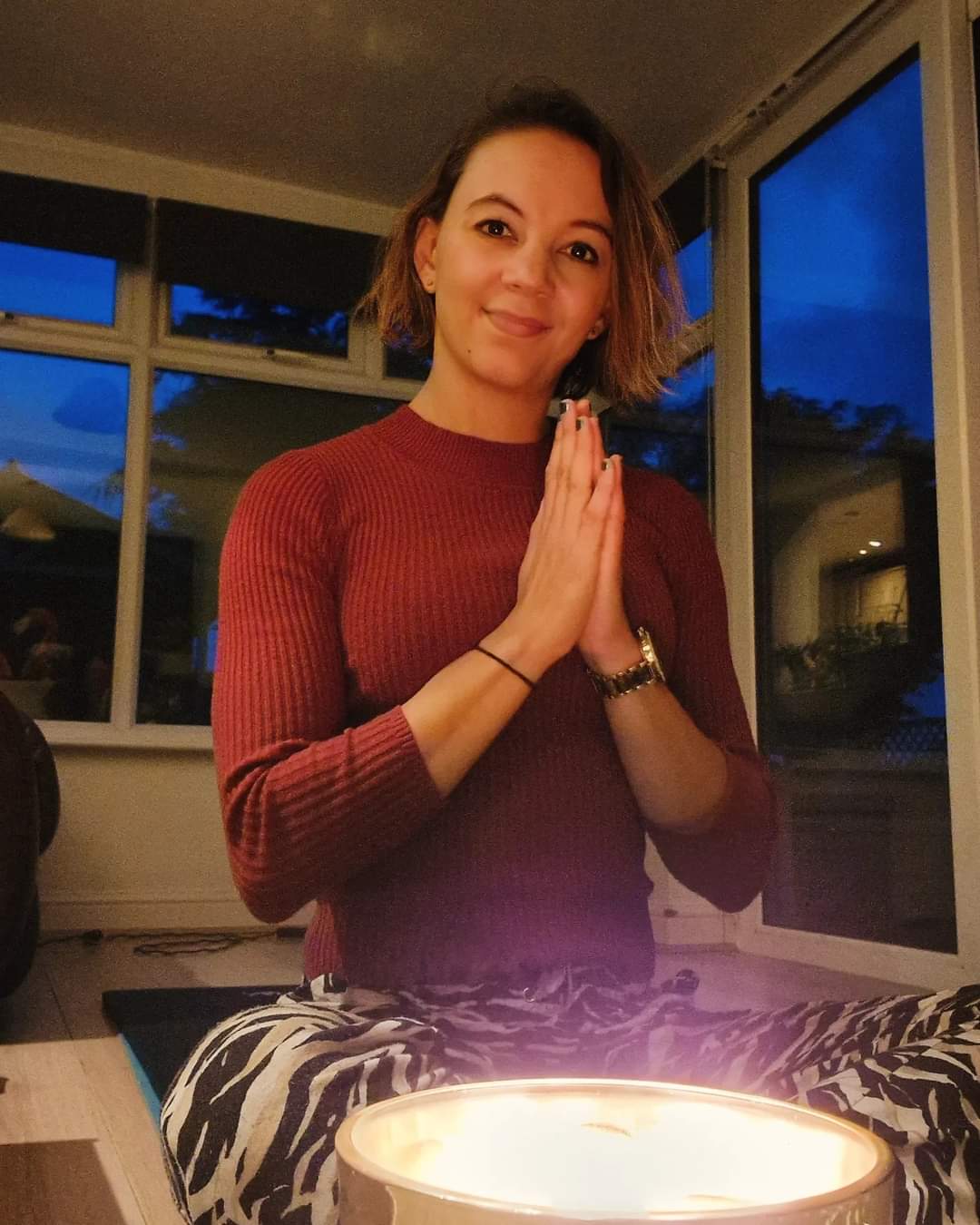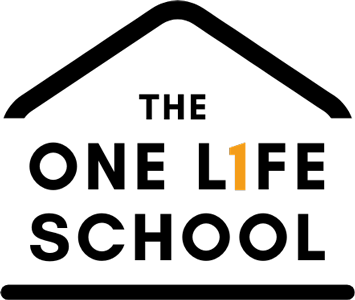How does it differ from counselling, and which one is right for you?
If you are looking for some professional support to help you achieve your goals and overcome obstacles, you might be wondering whether coaching or counselling is a better option for you. You might also be wondering, what is coaching exactly?! Both coaches and counsellors can help you with your personal or professional development, but they have different approaches and techniques. In this blog post, we will explain the main differences between coaching and counselling, and how to choose the best fit for your needs.
What is counselling? – 30-second summary
Counselling is a therapeutic approach that focuses on helping people with mental health issues, emotional distress, and past traumas. Counsellors are trained to diagnose and treat mental health conditions, such as depression, anxiety, Post Traumatic Stress Disorder (PTSD), etc. They use evidence-based therapies, such as cognitive-behavioural therapy (CBT), to help clients change their negative thoughts, feelings, and behaviours. Counsellors tend to help clients understand and heal suffering from their past.
What is coaching? – 30-second summary
Coaching, on the other hand, is a future-focused goal-oriented approach that focuses on helping people achieve their personal or professional goals. Coaches are not trained to diagnose or treat mental health disorders, but they help people develop their skills, improve their performance, and achieve their desired outcomes. Coaches use evidence-based coaching models and techniques, such as T-GROW, SMART, etc., to help clients clarify their vision, identify their strengths, overcome challenges, and take action. Coaches tend to help clients create and pursue opportunities for their future.
What are the main differences between coaching and counselling?
There are several differences between coaching and counselling in terms of purpose, process, duration, regulation, and qualifications. Here are some of the key ones:
Purpose
Counselling often involves a therapist providing guidance and advice according to the theoretical lens of the therapy. The aim is to remove the unwanted condition and improve functioning. Coaching is more about facilitating a process of self-discovery and empowerment. The aim is to support the client to achieve their desired goals.
Process
Counselling usually involves exploring the client’s past experiences, emotions, and beliefs that may be affecting their present situation. The counsellor may use various techniques to help the client cope with their distress and change their patterns. Coaching usually involves focusing on the client’s present situation, goals, and actions that may lead them to their future success. The coach may use various techniques to help the client discover their potential and take action.
Duration
Counselling sessions may continue for several months or years depending on the client’s needs and progress. The frequency of sessions may vary from weekly to monthly. Coaching sessions typically last a few months depending on the client’s goals and progress. The frequency of sessions may vary from weekly to biweekly.
Regulation
Neither coaching nor counselling is a regulated profession in the UK. This means that anyone can call themselves a coach or counsellor without having any formal training or qualifications. However, there are professional membership organisations for both coaching (EMCC & ICF) and counselling (BACP, UKCP, NCS) that ensure accredited qualifications and aim for high-quality practice.
Qualifications
Counsellors usually have a degree in psychology or counselling and a postgraduate diploma or master’s degree in a specific type of therapy (e.g., CBT). They also have to complete a certain number of supervised practice hours before they can practice independently. Coaches may have a degree in any field or no degree at all. They may have completed a short course or a diploma in coaching or have learned from experience. They do not have to complete any supervised practice hours before they can practice independently.
What are the different types of coaching?
There are different types of coaching depending on the area of focus, such as life coaching, career coaching, health coaching, etc…
All these coaching types should follow similar principles and coaches should create a space of non-judgmental, non-directive, reflective enquiry which supports increased self-awareness and a desire to take action within the client.
At The One Life School, we specialise in working with entrepreneurs and small business owners and we offer two types of coaching: Insight Coaching and Intensive Goal-Focused Coaching.
Insight Coaching
These sessions are typically 60-90 minutes and focus more on deep insight and transformation. We help clients explore their values, beliefs, motivations, strengths, challenges, etc., and help them to understand which limiting beliefs, assumptions and behaviours are getting in the way of their progress. We work with them to create a personalised action plan to help them achieve their goals. These sessions are personalised according to the client’s unique needs so the duration and frequency are different for each client.
Intensive Goal-Focused Coaching
These sessions take place weekly and are typically 30 minutes. They focus more on the rhythm of planning and reviewing, learning and troubleshooting. We help clients set SMART goals (Specific, Measurable, Achievable, Relevant, Time-bound), track their progress, celebrate their achievements, and overcome any obstacles along the way. These sessions can last indefinitely and are good for clients with long-term goals who need external support and accountability to keep them motivated and progressing. An insight coaching session is also provided each month to deep dive into areas that the client is struggling with.
How to choose between coaching and counselling
Ultimately, the choice between coaching and counselling depends on your individual needs and preferences. Here are some questions that might help you decide:
- Do you have any mental health issues or emotional distress issues that are significantly affecting your daily functioning?
- Do you want to understand and heal from your past experiences and traumas?
- If you answered yes to any of these questions, counselling might be a better option for you.
- Do you have any specific personal or professional goals that you want to achieve?
- Do you struggle with any emotional or psychological difficulties such as procrastination, resistance, low motivation, overwhelm, lacking in confidence, self-doubt, self-sabotage, money mindset difficulties, questioning your meaning and purpose or playing small?
- Would professional support and empowerment help you to discover your potential and take action?
- If you answered yes to any of these questions, coaching might be a better option for you.
How to find the best coach or counsellor for you?
Whether you choose coaching or counselling, it is important to find the best professional for you. Here are some tips on how to do that:
- Do your research: Look for coaches or counsellors who have relevant qualifications, experience, and testimonials. Check their websites, social media, blogs, etc., to get a sense of their style and approach. You can also look for recommendations from friends, family, or online reviews.
- Have a consultation: Most coaches and counsellors offer a free or low-cost consultation session where you can get to know them better and ask any questions you may have. This is a great opportunity to see if you feel comfortable and confident with them and if they can meet your needs and expectations.
- Trust your intuition: Ultimately, the most important factor in choosing a coach or counsellor is the quality of the relationship. You want to work with someone who is trustworthy, respectful, supportive, and inspiring. Trust your intuition and go with the person who feels right for you.
Ready to get started?
If you are interested in coaching, we would love to hear from you! At The One Life School, we are qualified and experienced coaches who specialise in working with entrepreneurs and small business owners to help you change your mindset and behaviour so that you can achieve the goals you want for your life and business. We offer online sessions that are flexible, affordable, and tailored to your needs. Contact us today to book your free consultation session.


